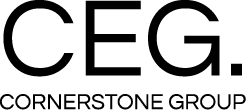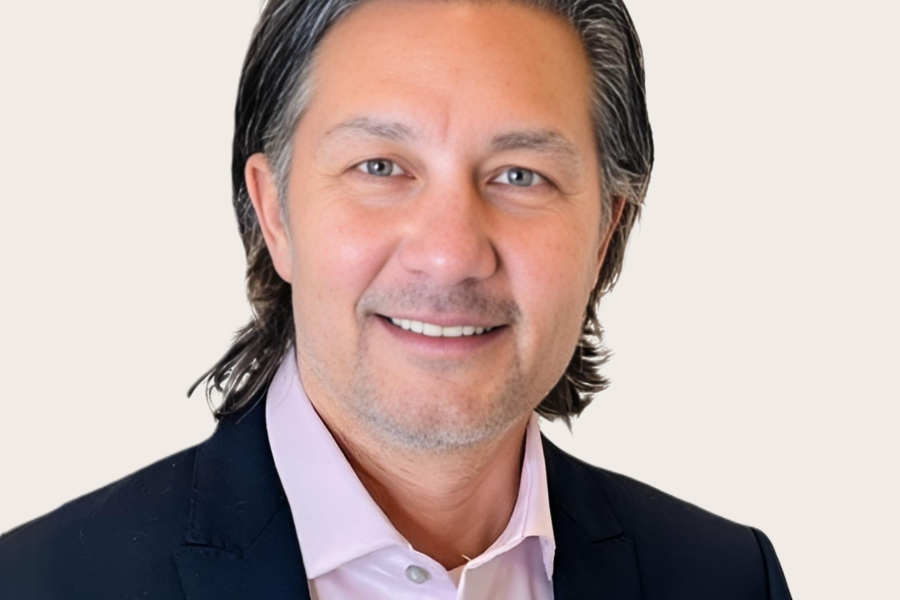
Meera joined CEG just before the beginning of the global COVID-19 pandemic in 2020. She began her career with CEG as a business controller and quickly worked her way to her current position as project and finance manager. Chatting with her while sitting in Malaysia over a video call, Meera gives us a peek behind the curtain of working with CEG and how it’s helped bring her out of her shell.
What are the top three things you find appealing about working for a company like CEG?
One, it’s not boring and it’s challenging. It’s a mix of both worlds; half of it involves daily repetitive matters but there’s always something new, so it’s never boring. Two, there is great career progression at CEG due to the client industries that you’re exposed to. There are always great clients to add to your portfolio. Three, you don’t need to be in a physical office to get work done. All you need is a laptop and internet access. This is very different from the Malaysian office culture, which still requires people to come to a physical office because it’s a way of trusting that their employees are actually working, but it’s not a realistic way of monitoring your employees.
What are your daily tasks like? Is there a lot of variety or is it more monotonous?
There are so many different things that we’ve done that I can’t even think of them all. But just to name a few, we do VAT filings, HR things, financial statements, and corporate restructuring, and one of the projects we’re currently working on concerns a new programme that was established due to the COVID-19 lockdowns. It’s called a NOW declaration and it’s a temporary emergency breaching measure for sustained employment. It’s for companies that have been hit with massive losses and are unable to pay their employees. Via this declaration, they are entitled to get compensation from the government. The bigger the company is, the larger the data to be processed so that’s what we’re working on for now.
What does a typical day in the office look like for you?
I start work at 4 p.m. Malaysian time (GMT +8). The first thing I do is go through my emails, then I organise my Outlook calendar. I’ll speak to my manager for about 1.5 hours and then I’ll do my work, have my dinner, and continue working until around 12:30am, but during peak times, my working hours will be longer. I usually readjust my calendar for whatever work I can carry forward to the next day. That’s about it.
Flexibility at CEG is an integral part of the company. What does work flexibility look like to you?
If there’s ever a time when I need to check in late or I become unavailable, all I need to do is inform my manager, and it’s never a problem, and that’s definitely one of the ways in which CEG is super flexible as a company. I can basically come up with my own working hours as long as I let my manager know in advance. I’m never micromanaged.
You’re getting married soon; how has the company supported you throughout the process and are there any interesting circumstances in which CEG has supported you?
I think they’ve been very accommodating in terms of giving me the time off that I need. Sometimes, I just chat with my manager about my wedding plans; I’ll send him pictures of the décor, or we brainstorm ideas about my wedding. We often keep it casual but when needed, we’ll keep it professional.
One thing I’d like to mention is how CEG supports their permanent employees with the whole work-from-home environment. All permanent employees, myself included, get a budget to create a suitable and comfortable working space. I was given two external monitors, one laptop, a keyboard, a mouse, an office chair, an iPhone, a noise-cancelling headset and a height-adjustable desk, which is my favourite item. It’s great when you need to stretch your back and it allows you to work standing. I love working from the comfort of my home and it’s really nice that they choose to invest in our wellbeing in this way.
As an introvert, how has the work at CEG helped with bringing you out of your shell?
Honestly, sometimes I run back to my shell. I love that shell and it was tough, especially in the beginning. But I think the main thing that you need to have is knowledge of what you’re talking about and that’s an additional boost to your confidence. With that knowledge, you speak more boldly and that’s what I learned from my manager. He likes sending me motivational quotes about the importance of communication. He once sent me this Warren Buffet quote: “The one easy way to become 50% more than you are now, at least, is to hone your communication skills, both written and verbal. If you can’t communicate, it’s like winking at a girl in the dark—nothing happens. You can have all the brainpower in the world, but you have to be able to translate it.” He gives me all these positive reinforcements for learning how to communicate.
When I was first starting out in the role, he would give me opportunities to speak in smaller meetings but at other times, he threw me into the deep end, and I would have to learn how to swim solo in the larger meetings. The first time that happened, I completely messed it up, but my manager has always saved me, so thankfully, that meeting still ended well.




